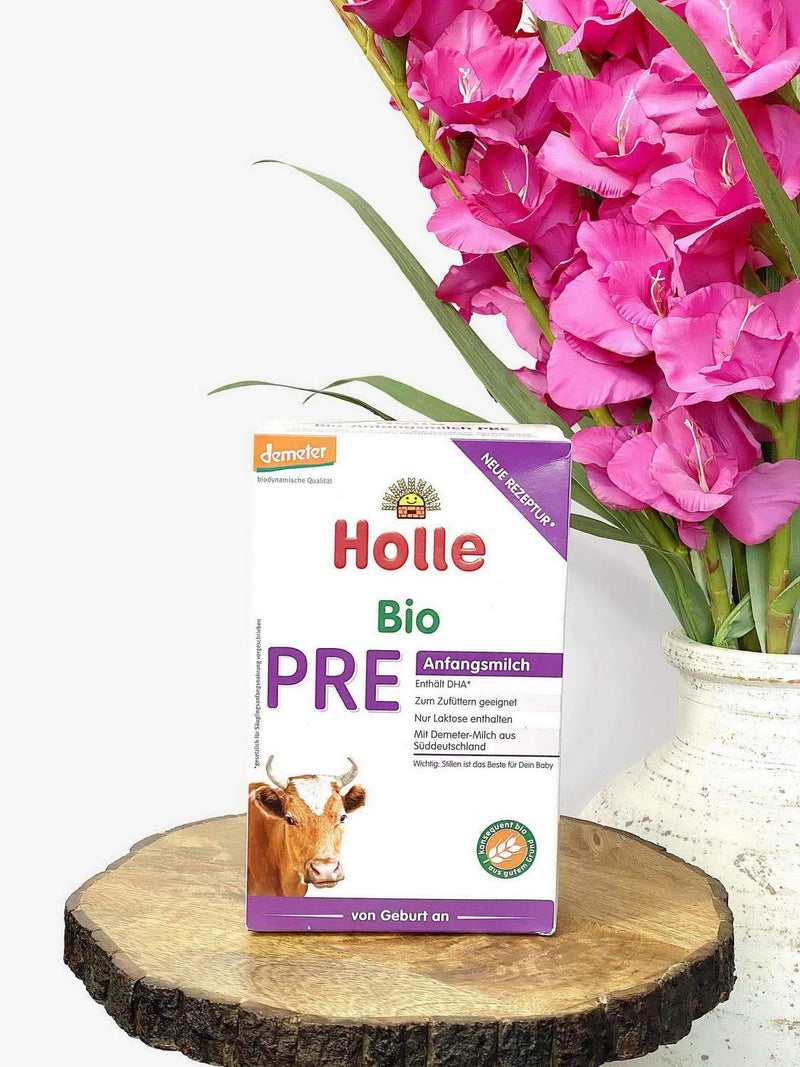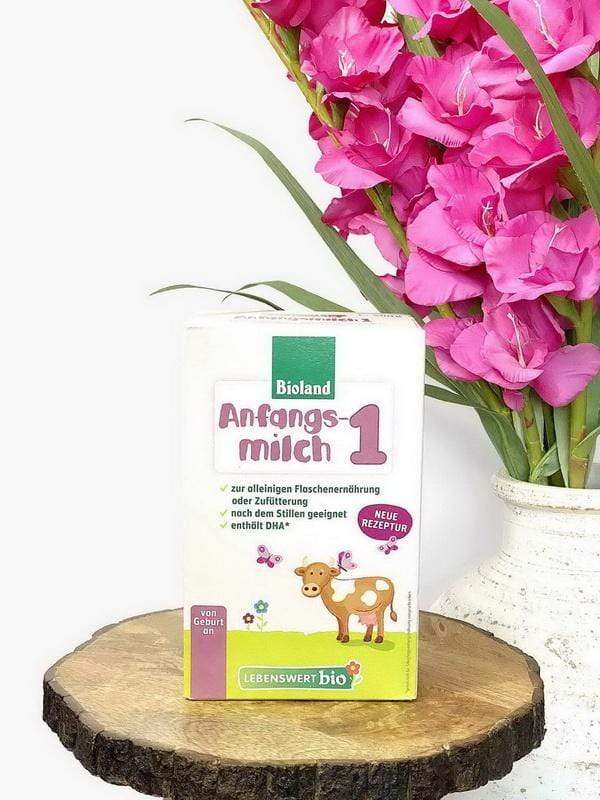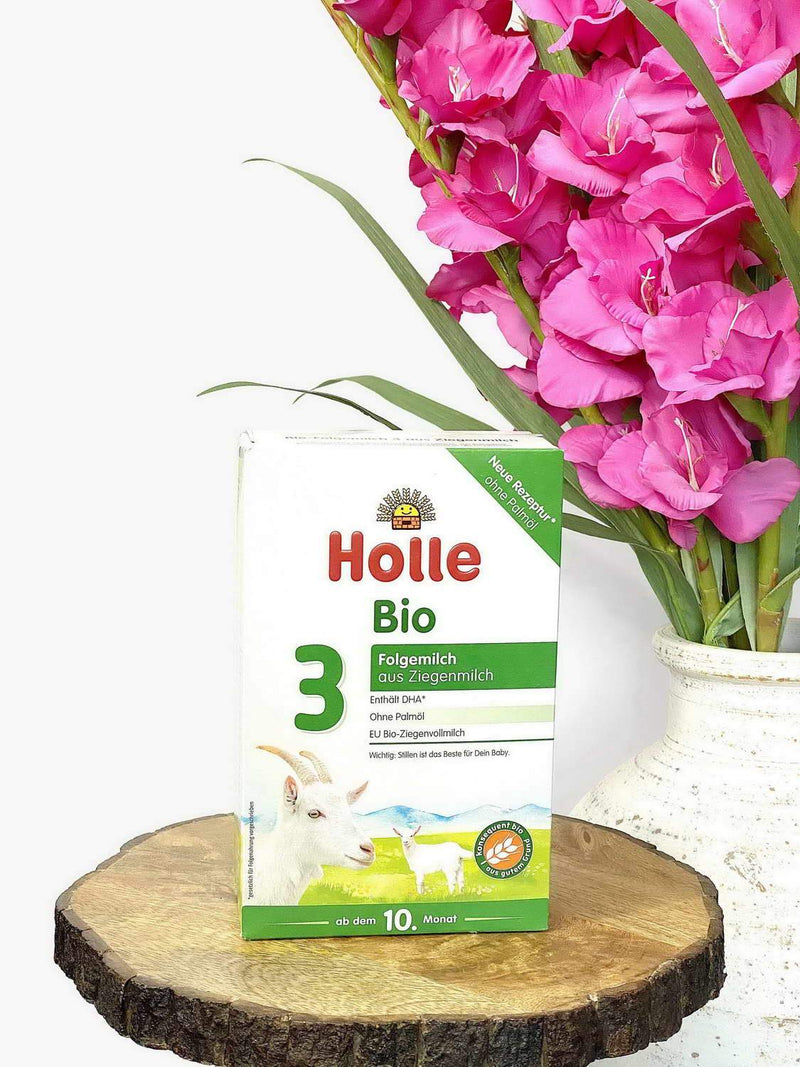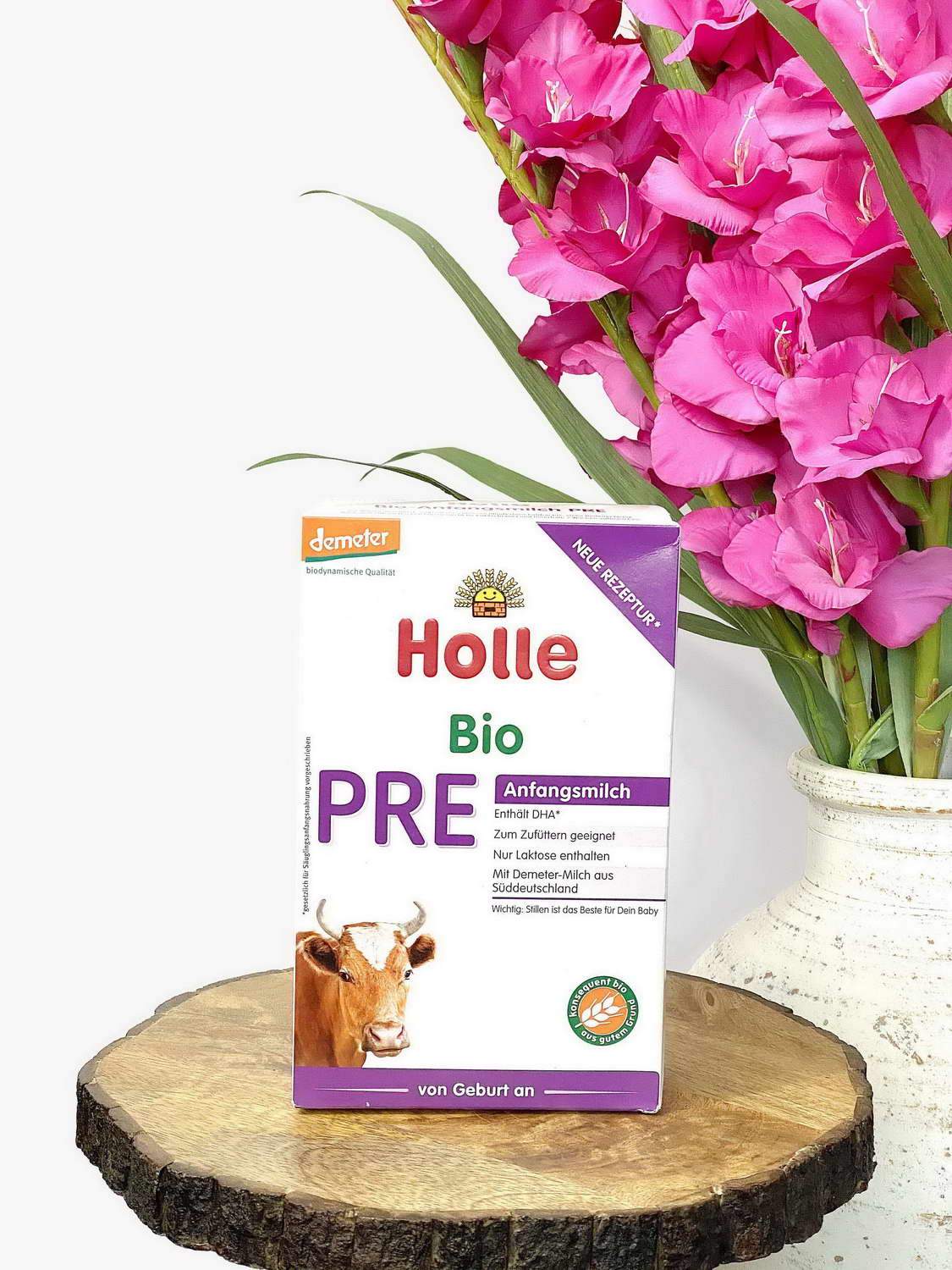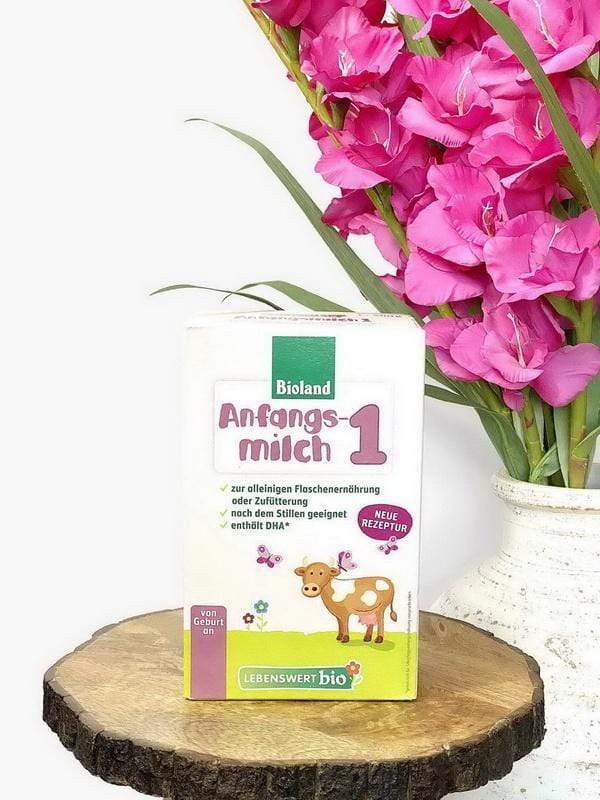Being a parent can be challenging, especially when your little one seems uncomfortable from excessive squirming and pulling up their legs. It could be due to gas that is not passing. Don't worry! You can try some gas-relieving techniques to confirm your suspicion, such as burping and changing the baby's body position.
Tips to Relieve Baby Gas
Written by Renee Published on 04/26/24 Read Time 4 min

As a baby's digestive system matures, they tend to pass gas 13-21 times a day. This normal part of development sometimes surprises parents and caregivers and may even be worrisome when their little one seems upset.
This article will examine some causes of infant gas, how to prevent tummy distress and tips for treating babies during the fussiest times.

Common Causes of Gas in Babies
When a baby suffers from gas, its stomach is inflated with air. This can occur because of the immaturity of a newborn's digestive processes or when an infant has swallowed a lot of air while feeding.
Drinking too quickly
Drinking too slowly
Drinking baby formula with air bubbles
Crying for extended periods
Not tolerating a baby formula well
Ingesting gas-inducing foods

Signs of Gas in Baby's
Gas and related issues can start from the first few feedings and last through the toddler stage, often peeking between 4 to 12 weeks old as your little one’s digestive system changes and matures.
This is when your baby may be the fussiest, and tummy trouble can seem overwhelming, but once they hit around the three-month mark, most babies can get through it and are easier to soothe or distract.
During the first few months, infants communicate mostly by crying, so it can be challenging to know if gas is the cause of your infant’s discomfort. Here are some common signs to look for that will likely point to gas in your little one’s digestive system.

How to Prevent Gas in Babies?
Babies have many daily and night opportunities to swallow too much air. If you want to avoid your little one's gas pain, your best bet is to stop gas from building in the first place.
Knowing how to prevent gas buildup in babies’ digestive systems can make infants more comfortable and give parents and caregivers alike peace of mind.
Soothing Baby
When a baby is sad, it usually results in crying, which can cause the baby to ingest more air. To soothe a crying baby, it is essential to comprehend the reason behind its crying and address its needs promptly. By doing so, you can help the baby feel more comfortable and at ease.
Effective Baby Bottle Feeding
After preparing the perfect bottle of baby formula, you can effectively decrease the air your little one swallows by optimizing your baby’s bottle-feeding experience, which can help prevent gas and pressure in your little one’s belly.
✔ Try out different sizes/different types of bottles and nipples
✔ Tilt the bottle to a 30 or 40-degree angle so that the air rises to the bottom of the bottle
✔ Make sure your baby’s lips are on the broad base of the nipple and not just the tip
✔ Allow the formula to settle after shaking or mixing it
Sitting baby upright for feedings
Keep your baby as upright as possible during bottle or breast feedings, at a 45-degree angle if possible. Consider keeping the baby upright during burping and half an hour after feeding to help minimize gas.
4 Steps to Burping Baby
Burping your baby during and after feedings will alleviate the gas that enters an infant’s digestive system. Here is an easy burping position to prevent gas from developing.
- Place the baby upright on your shoulder and pat their back
- Sit the baby upright on your lap and lean them forward slightly while you rub or pat their back
- Put your hand under their chin to support their chest and head
- Lay the baby on their belly across your lap with their head slightly elevated while you rub and pat their back
Avoid extensive sucking
Many babies are soothed by sucking; unfortunately, when a baby vigorously and frequently sucks on a pacifier, it can lead to gas problems. It should also go without saying that empty bottles or unattached nipples should be avoided altogether due to the large intake of air that can lead to painful bloating and possible digestive distress.

Gas Relief for Babies
As a caregiver, it can be heart-wrenching to see a baby in distress due to tummy pain. The little ones cannot communicate their discomfort effectively, making it all the more challenging.
However, multiple options are available to relieve the pain and soothe the discomfort caused by gas buildup. These solutions range from gentle massages to specific medications, and choosing the one that works best for the baby is essential. The key is to be patient and attentive; with time, the baby will return to their playful and happy self.
Get Things Moving
When an infant is in severe discomfort, simple exercises such as the “baby bike ride” can help move gas along physically.
Simply lay the baby on its back and move its legs in an up-and-down pedaling motion. This helps move gas along physically and soothes and calms nerves in the intestines.
Tummy Massage
Rub your thumbs on your infant’s belly (just under the ribcage) using small circular motions. This easy technique can help move things by allowing gas bubbles to work through the intestines.
The Colic Carry
Lay your baby’s tummy across your knees, or hold your infant under its belly with your forearm. Gently massage the baby’s back. The pressure on your baby’s stomach can help relieve the pressure from gas and may also help reduce colic cries.
Infant Gas Drops
Talk with your pediatrician about all-natural infant gas drops or gripe water. Many organic brands are safe for all babies, newborns, and up.
Tummy Time
Gentle pressure on the baby’s tummy can help relieve gas. Waiting at least 20 to 30 minutes (or until gas starts) before doing tummy time will let the baby’s formula settle and keep the baby from spitting up.
It is essential always to supervise your baby during tummy time. Be extremely cautious never to allow your baby to fall asleep on their stomach since tummy-sleeping puts babies at increased risk of sudden infant death syndrome (SIDS).
Probiotics/Prebiotics
A new baby's digestive system can often be sluggish and quickly build up gas due to an imbalance in the gut microbiome, a collection of beneficial bacteria. By giving infants probiotics and prebiotics to help correct this imbalance, parents and caregivers can help to reduce gastrointestinal symptoms.
After checking with your baby's pediatrician, you can add liquid or powdered over-the-counter probiotics and prebiotics made especially for infants to your baby’s diet.
For organic prebiotics and probiotics specially designed to perfectly balance your baby’s gut flora and mimic the nutrition found in breast milk, caregivers often choose European baby formulas such as HiPP Dutch and HiPP German. Each nutritionally exceptional baby formula contains prebiotics and probiotics as standard ingredients.

Gas Reducing Baby Formula
European baby formulas are designed for every age, stage, and digestive need. Special nutrition is available to help relieve the gas, bloating, and digestive discomfort many babies struggle with.
Options used most frequently for gastrointestinal symptoms are hydrolyzed, hypoallergenic, and A2 milk-based formulas.
Probiotics for Gassy Baby
HiPP Special Comfort has hydrolyzed proteins broken down into smaller fragments to make them easier to digest and absorb. It is perfect for infants who are experiencing bloating, constipation, gas, and painful colic.

Hydrolyzed Formula for Gassy Baby
HiPP HA Baby Formula is designed for infants who cannot tolerate both cow’s milk and want to avoid soy milk-based formulas altogether.
This specialized nutrition contains proteins broken down partially or entirely through hydrolysis. As a result, the protein fragments are much smaller than those found in cow milk baby formulas. This makes it easier for infants to digest and helps the food move through their system more quickly, reducing the likelihood of experiencing gas, bloating, or pain.

Lactose-Free Formula for Gassy Baby
Premibio Organic Vegan Baby Formula is a safe, healthy, and sustainable choice for infants, whether vegan, vegetarian, or omnivorous. This plant-based baby formula is dairy-free and specially designed for infants sensitive to cow milk. It helps to manage digestive worries such as gas and bloating, promoting healthy growth and development.

A2 Milk Baby Formulas
When a lactose allergy or intolerance causes gas, caregivers can turn to the gentle nutrition of A2 cow’s milk-based baby formula or full cream goat milk-based formulas. By choosing A2 milk, babies can still receive a more sensitive version of cow’s milk before completely switching to a different mammal. This small switch may be all your baby needs.

Goat Milk
Several renowned baby formula brands in Europe provide a comprehensive nutritional solution for infants intolerant to cow's milk-based baby formulas. These formulas are enriched with A2 goat milk proteins, which offer a safer alternative to infants with sensitive stomachs, as they do not contain soy.
Furthermore, goat milk formulas have a unique composition that makes them easier to digest for infants, significantly reducing the likelihood of gassy side effects commonly associated with traditional cow's milk formulas.

Gas Relief, Parent Support
Rest assured, infant gas is prevalent. A new baby’s digestive system is immature and, most of the time needs the support of a gentle touch and 100% organic nutrition to help relieve symptoms and discomfort.
It is good to know that if your little one’s nutrition contributes to painful digestive gas, My Organic Company has the best organic baby formulas to soothe and treat symptoms. They offer pure, clean, organic nutrition without harmful or toxic ingredients.
Frequently Asked Questions
How do I know if my baby is struggling with gas?
What age will discomfort from gas will pass?
If you're worried about your little one burping and passing gas, don't fret! It's normal for these digestive concerns to peak at around six weeks and then significantly improve when your baby is three months old. By then, even the fussiest babies tend to calm down, so hang in!
Do probiotics help?
Did you know your little one's tummy is a complex world with trillions of tiny living organisms called probiotics? These friendly bacteria create a microbiome in your baby's digestive system, and if their balance is upset, your baby may feel bloated or gassy. But don't worry! Studies have shown that baby probiotics can help restore this balance and reduce gas and bloating so you and your baby can feel happy and comfortable.
Please be aware that this information is based on general trends in babies, and it is not medical advice. Your doctor should be your first source of information and advice when considering any changes to your child’s formula and when choosing your child’s formula. Always consult your pediatrician before making any decisions about your child’s diet or if you notice any changes in your child.
Breastfeeding is the best nutrition for your baby because breast milk provides your child with all the essential nutrients they need for growth and development. Please consult your pediatrician if your child requires supplemental feeding.
Author Bio:
Renee is an infant nutrition consultant and a full-time writer. Due to her experience in seeking better nutrition for her premature daughter, she advocates for European baby formula. Renee is fully committed to contributing value to this critical area of child development as a mother of a large family, foster parent, and adoption supporter.
Renee enjoys camping outdoors, swimming, and hiking with her family when she is not working.
Read Next:
Your cart is empty
Shop formulasYou have not added any favorites yet.
Shop formulas


